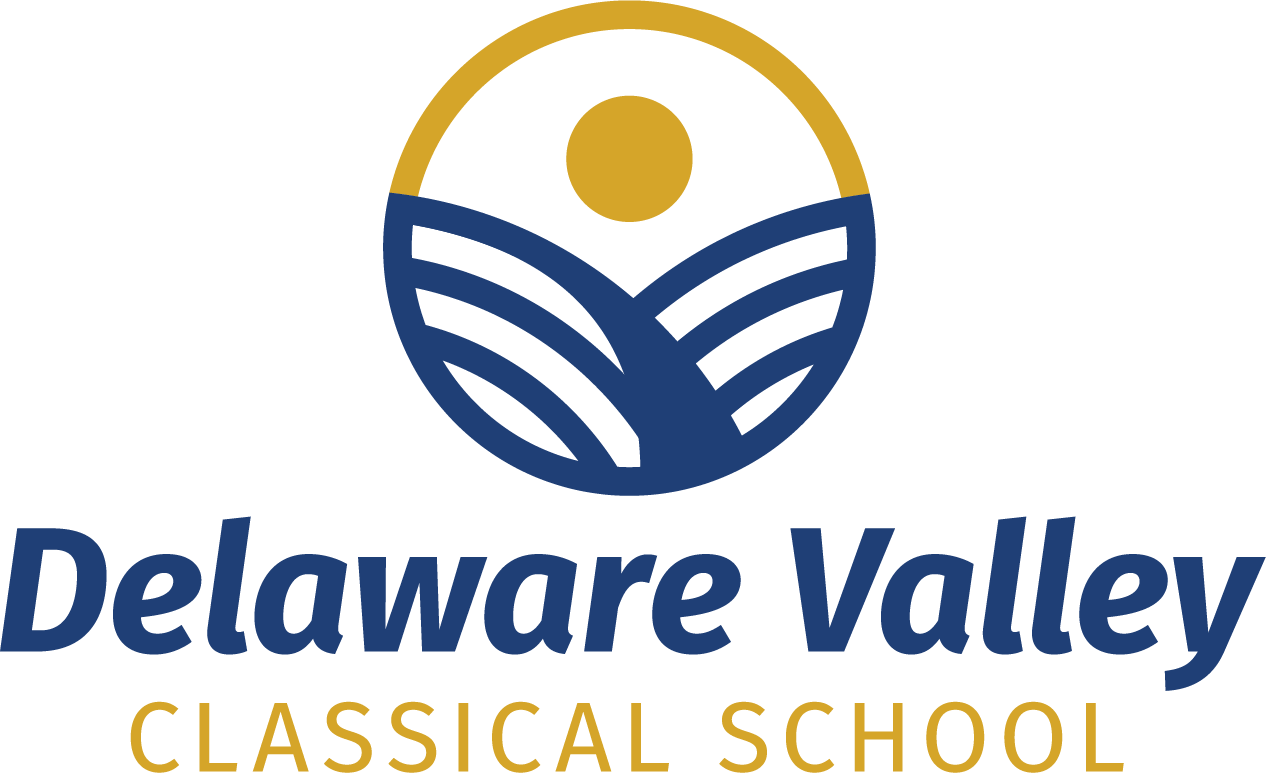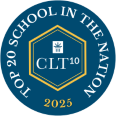“There is a strange idea abroad that in every subject the ancient books should only be read by the professionals…The error is rather an amiable one…But if he only knew, the great man, just because of his greatness, is much more intelligible than his modern commentator…It has always therefore been one of my main endeavors as a teacher to persuade the young that firsthand knowledge is not only more worth acquiring than secondhand knowledge, but is usually much easier and more delightful to acquire.” – C.S. Lewis, Preface to St. Athanasius, On the Incarnation.
Most classical Christian schools, including DVCS, teach the “great books” which is a shorthand way for saying, those texts which endure despite centuries of scrutiny, having fundamental value to the formation of and insight into humanity. Authors like Plato, Aristotle, Augustine, Aquinas meet the criteria. Of course, Scripture undoubtedly qualifies as a “great book.”
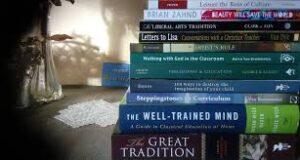 Thus, the acquisition of knowledge, free of distillation by commenters, is an essential part of the curriculum in the logic and rhetoric years. And to attain the delight to which Lewis refers requires those foundational tools necessary to acquisition of the knowledge contained in text. It is why grammar, phonemic awareness, and reading is so important and such an emphasis of our school. Without the tools of learning (to borrow the Dorothy Sayers phrase), the ability to know God and reality is limited. A classical Christian school is therefore a logocentric school.
Thus, the acquisition of knowledge, free of distillation by commenters, is an essential part of the curriculum in the logic and rhetoric years. And to attain the delight to which Lewis refers requires those foundational tools necessary to acquisition of the knowledge contained in text. It is why grammar, phonemic awareness, and reading is so important and such an emphasis of our school. Without the tools of learning (to borrow the Dorothy Sayers phrase), the ability to know God and reality is limited. A classical Christian school is therefore a logocentric school.
Consider the primacy of the written Word to the Christian faith. Historic orthodox doctrine finds the Scriptures to be the revelation of the Triune God. Such revelation comes to us in textual form. Jesus is the logos, the Word made flesh (John 1). Hebrews 4:12 tells us, “For the word of God is alive and active. Sharper than any double-edged sword, it penetrates even to dividing soul and spirit, joints and marrow; it judges the thoughts and attitudes of the heart.” Of course, God speaks the universe into existence (Gen. 1, “And God said…”) and his sheep hear his voice and follow Him (John 10:27).
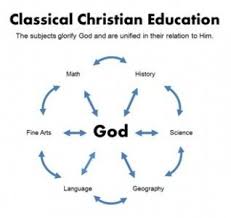
Starting children from their earliest days hearing good and beautiful words read aloud is a great gift. When they are able, allow them to read aloud often. Hearing vocabulary (even vocabulary above their heads) sets the stage for growth in knowledge. This is a vital manner of partnering with the school; if a student only reads or hones these tools while in school, they will not reach their potential. Renewed minds require renewed habits and renewed habits foster renewed minds (Rom. 12:2)! Research and experience both suggest that the “compounding interest” of such habits can be immense.
Resources:
- Read Aloud Revivial – https://readaloudrevival.com/
- The Power of the Read Aloud – https://edublog.scholastic.com/post/what-research-says-power-read-aloud
